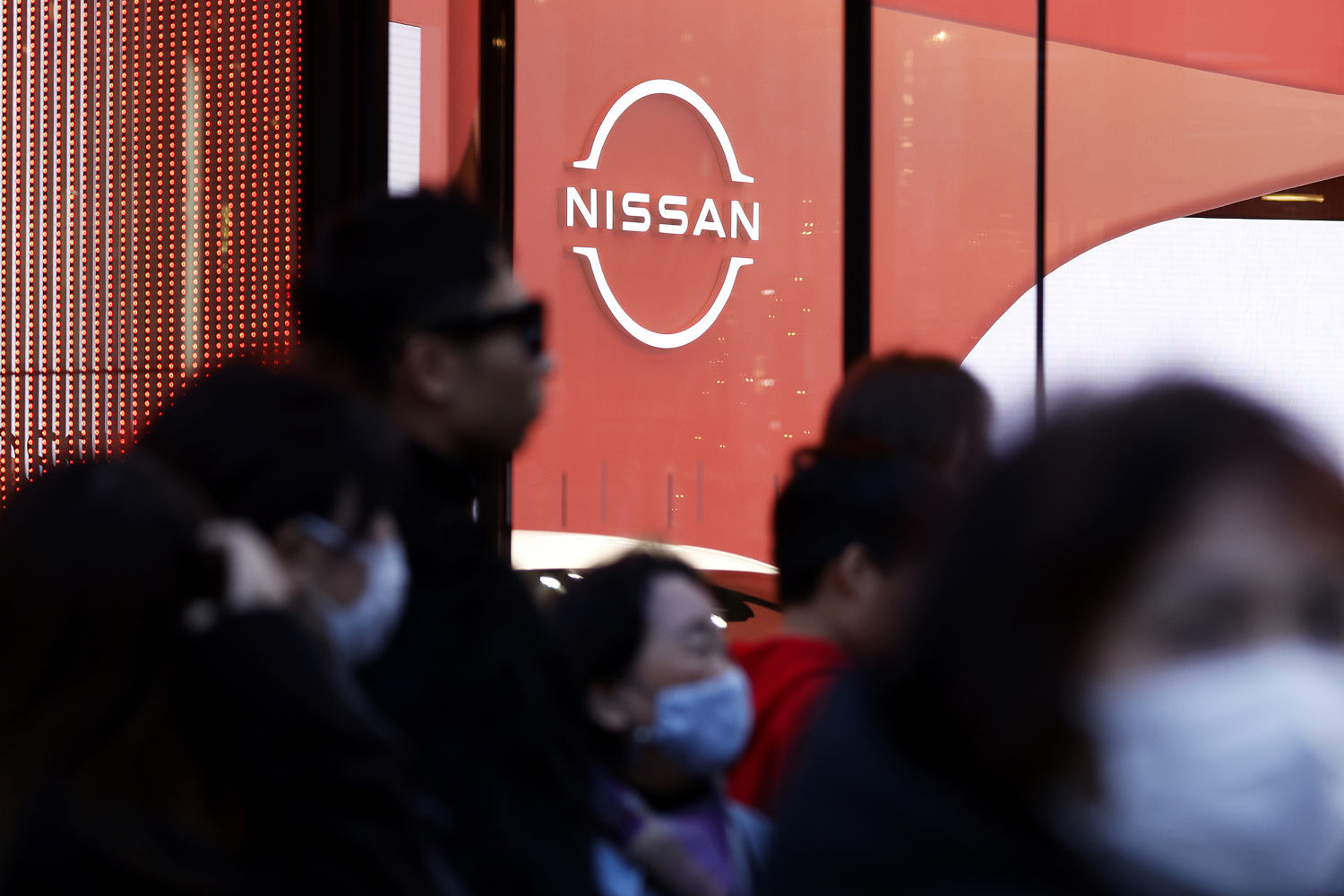
Japanese automakers Nissan and Honda on Monday announced they had entered into official talks to merge and create the world’s third-largest automaker by sales.
In a press conference on Monday, Honda CEO Toshihiro Mibe said the companies needed greater scale to compete in the development of new technologies in electric vehicles and intelligent driving. A business integration would give the companies an “edge that will not be possible under the current collaboration framework,” Mibe said, according to a translation.
The deal would aim to share intelligence and resources and deliver economies of scale and synergies while protecting both brands, he said.
A holding company would be formed as the parent company of both Honda and Nissan, listed on the Tokyo Stock Exchange. The larger Honda will nominate most of the integrated entity’s board members. The merged group has the potential to deliver revenue of 30 trillion yen ($191.4 billion) and operating profit of over 3 trillion yen, he said.
Discussions are set to conclude in June 2025.
Mibe added that if approved, the integration would be a mid to long-term project that is currently not expected to show visible progress until 2030 and beyond.
Nissan’s strategic partner Mitsubishi has been offered the chance to join the new group and will take a decision by the end of January 2025.
The companies are grappling with intense global competition in the EV market from the likes of Tesla and China’s BYD.
The proposed deal was first reported by Japan’s Nikkei newspaper on Dec. 17.
Nissan struggles
Nissan shares spiked following the initial report of a merger. Analysts say the potential tie-up is a result of financial underperformance at the company and of the restructure of its longstanding partnership with France’s Renault.
In its most recent quarterly results, Nissan said it would cut 9,000 jobs and reduce global production capacity by a fifth.
Honda CEO Mibe on Monday said some of the company’s shareholders may feel that the deal would represent Honda supporting Nissan, but noted the merger was “based on the assumption that Nissan completes its turnaround action.”
“If Nissan and Honda fail to stand on their own feet the business integration talks will not come to fruition,” he said.
Nissan CEO Makoto Uchida told reporters that the discussion of integration did “not mean we have given up on a turnaround” and was instead about ensuring the company’s competitiveness for the future.
“After doing this turnaround action for future development, future growth, we need to look at ultimate size and growth. This growth will be through partnerships,” he added.
Nissan has “been struggling in the market, it’s been struggling at home, it doesn’t have the right product line-up,” Peter Wells, professor of business and sustainability at Cardiff Business School’s Centre for Automotive Industry Research, told CNBC’s “Street Signs Europe” last week.
“There are so many warning signs, so many red flags around Nissan at the moment that something had to happen. Whether this is the answer is another question,” Wells added.
— CNBC’s Ruxandra Iordache and Sam Meredith contributed to this story.
This is a breaking news story and will be updated shortly.
